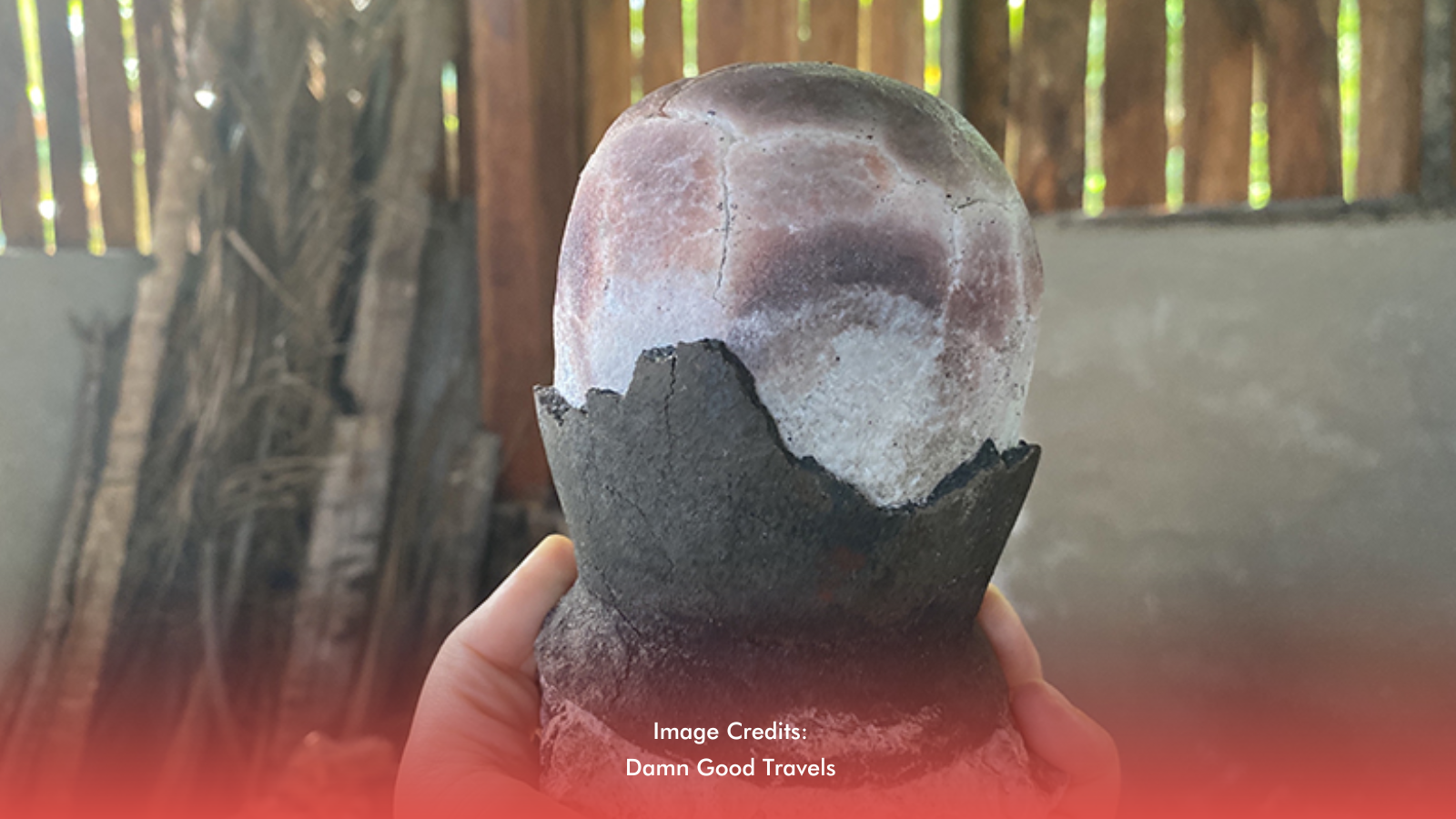The centuries-old craft of making Asin Tibuok in Alburquerque, Bohol, has received national recognition as the traditional sea salt has been officially registered as a Geographical Indication (GI) by the Intellectual Property Office of the Philippines (IPOPHL).
A GI label is granted to products that originate from a particular place and owe their unique qualities or reputation to that area. IPOPHL Acting Director General Nathaniel Arevalo said the listing of Asin Tibuok highlights not just its authenticity but also its potential to uplift local livelihoods.
“This registration safeguards a vital part of our heritage while opening more opportunities for branding, trade, and community income,” Arevalo said in an advisory issued on October 3.
With the inclusion of Asin Tibuok, the Philippines now counts three registered GIs—Guimaras mangoes, Aklan piña, and Alburquerque’s salt tradition.
From Coconut Ash to Clay Pots
Unlike common table salt, Asin Tibuok is made using a meticulous and time-honored process. Coconut husks are burned into ash, which is then used to filter seawater before being boiled in clay pots for hours. The result is a dense, egg-shaped salt block known for its smoky aroma and subtle sweetness.
The name itself—Asin (salt) and Tibuok (whole)—reflects its distinctive shape. This unrefined, additive-free salt contains natural halite and carries the essence of its coastal origins, making it both a culinary and cultural gem.
Keeping Culture Alive, Strengthening Livelihoods
Bohol Governor Erico Aris Aumentado welcomed the approval, noting that it preserves a traditional craft while supporting sustainable income for local families.
“This recognition honors our way of life and strengthens opportunities for our communities,” Aumentado said, adding that the salt-making trade has long supported residents involved in collecting materials like coconut husks and firewood.
He emphasized that beyond its economic potential, Asin Tibuok is a symbol of Bohol’s enduring heritage; a reflection of the province’s ingenuity and resilience.
As Bohol, the country’s first and only UNESCO Global Geopark, continues to celebrate its natural and cultural wealth, the recognition of Asin Tibuok serves as a reminder that preserving tradition can also pave the way for progress.






